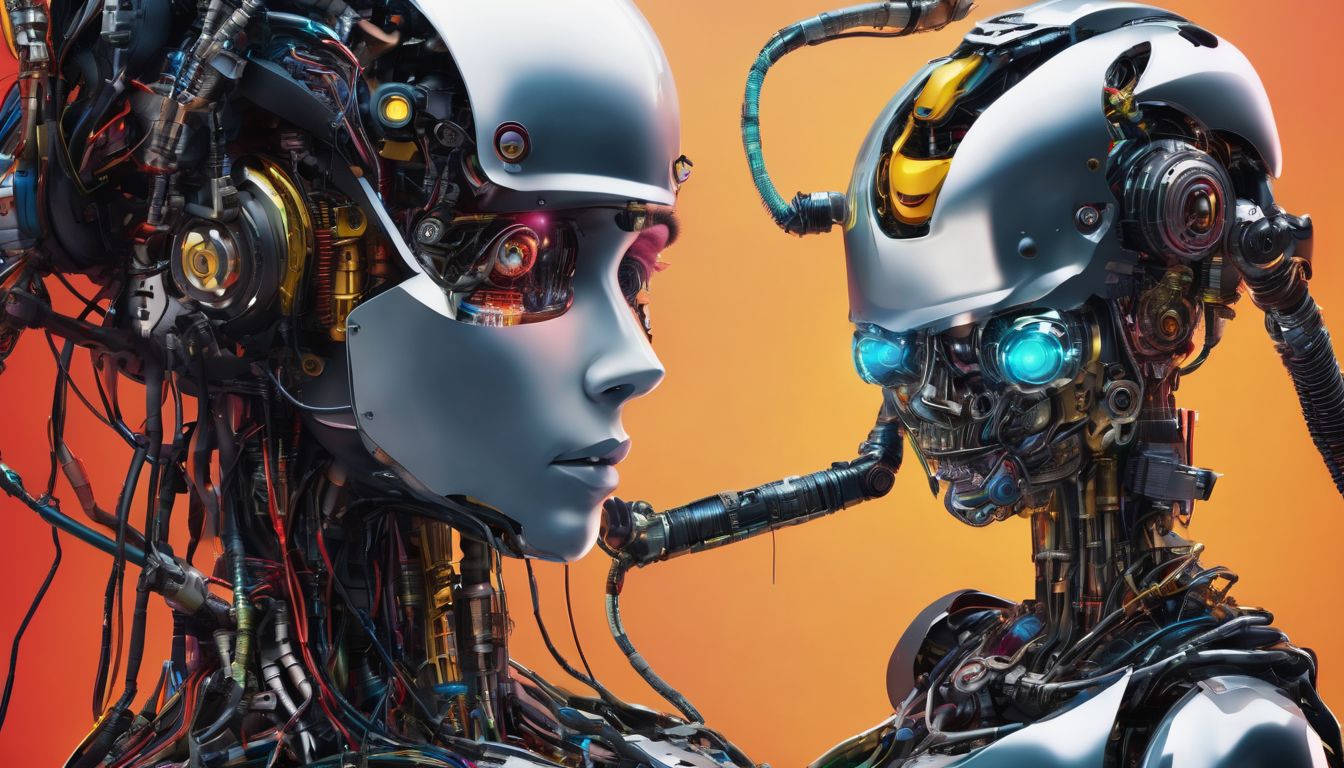The Future of Intelligence, Artificial or Otherwise
"I will believe in Artificial Intelligence the day I see evidence of the Natural variety." - Ethan McCool Hays
There is a natural and necessary degree of hubris involved in human endeavour; the first person to burn himself using fire, the first to explore the dark cave, the first to sail a boat out of site of land... to risk injury or death as we discover the depths of our ignorance has been the lot of humankind since we first we able to conceive the ideas, and the risk - and reward - has gone up commensurately, as has the degree of hubris.
Now we face a new risk in the possibility of manifesting that hubris and ability to conceive ideas in digital (or, more likely in my opinion, Quantum) form, not simply magnified in the way that a longer lever magnifies human strength, but exponentially expanded such that the difference in degree creates a distinction of kind.
Or is the risk in thinking that intelligence, artificial or otherwise, is anything but our inability to see the underlying mechanics of the situation? Even in Quantum Physics, the debate about what is actually going on down at the lowest level is a matter of fierce debate, that the leading journals have not even allowed discussion of for decades because it is considered irreconciliable given current knowledge of the universe, and even casual conversations among experts on the matter tend to result in fierce disagreements between deeply convinced members of various interpretations.
Artificial Intelligence is not capable of that level, or any level, of conviction, though; it can be convinced of anything, because it has no basis in the real world other than electrons and silicon wafers; there is no existential crisis for a computer, nor do they have feelings or senses, in the way that we use the words.
Exhibit A must be the clear issues with AI Art; given an input, it will assemble some collection of details to line up with associated terms, but must then be guided into the most basic alterations because it cannot relate form to function. Asked to draw a collection of knives, it presents some all handle and some all blade. Asked to draw aliens farming, they are still somehow antagonistic rather than pastoral.
AI is excellent at making extremely detailed mistakes; this can be useful, if it is applied in the right way, but it is a tool, and like all tools, it can be used well or it can be used badly, and as a powerful tool, the consequences might be significant in either or both directions.



